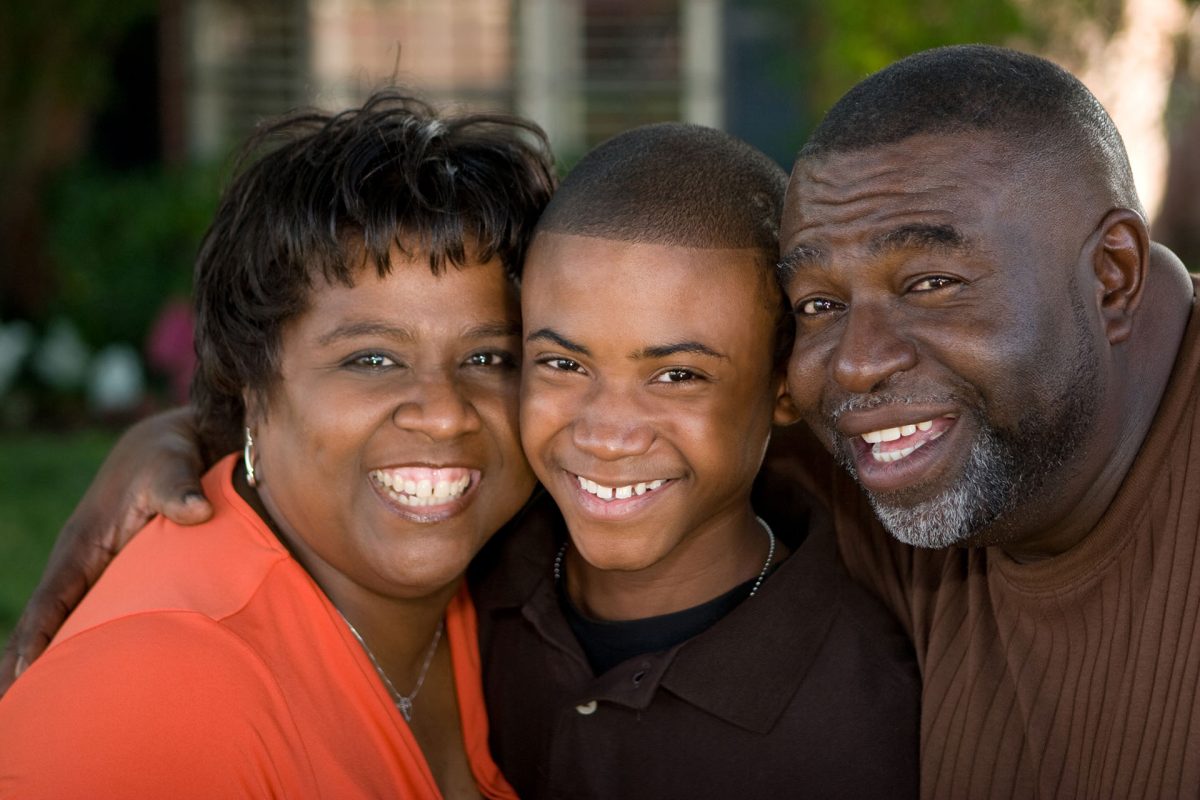Oppositional Defiant Disorder in Teens
By nature, teenagers can be difficult and rebellious. The role of hormones plus a natural desire to assert their independence can cause teens to display occasional defiant behavior. However, for teen boys and girls with an oppositional defiant disorder, it is an entirely different story.
Learn more about the oppositional defiant disorder (ODD) in teens, types of treatment for behavior disorders and how to get your child the help he or she needs.
What Is ODD?
ODD is among a group of disruptive behaviors defined in the American Psychiatric Association's "Diagnostic and Statistical Manual of Mental Disorders, 5th Edition" (DSM-5). It is a common mental health disorder in children and teens, with a prevalence of up to 16% among school-age children.
ODD is a conduct disorder that features consistent hostile, uncooperative and defiant behaviors towards authority figures and parents.
ODD behavior patterns are often first seen in early childhood, with children even as young as preschool age exhibiting signs of the disorder. Kids that do not outgrow the symptoms of ODD can continue to develop even more disruptive behaviors into adolescence.
ODD in teens can have serious consequences, such as:
- A decline in academic performance.
- Dropping out of school.
- Trouble with the law.
- Truancy.
In addition, social factors, such as interpersonal relationships, suffer, as your child's peer group can find it difficult to maintain a friendship with a teen that exhibits misbehavior like ODD.
It is notable that many teens with ODD have undiagnosed co-occurring disorders, such as attention-deficit hyperactivity disorder (ADHD), a learning disability or a mood disorder.
Other conditions may fuel the ODD, as your adolescent child acts out, presenting behavior problems in response to feeling frustrated and misunderstood. When ODD is suspected, it is important to have a comprehensive evaluation of your teen's mental health performed. In the event a coexisting issue is present, both conditions can be addressed and treated by a mental health professional.
Oppositional Defiant Disorder in Teens
All kids can be argumentative, angry, defiant or hostile from time to time. Teenagers with ODD, however, exhibit these traits consistently, and often with little provocation.
How do you know if your child's behavior is representative of ODD? When a teen displays the following signs for more than six months, they may have symptoms of oppositional defiant disorder.
The signs and symptoms of ODD include:
- Angry outbursts
- Argumentative and uncooperative
- Being purposely antagonistic
- Hostility
- Frequent temper tantrums in early adolescence
- Irritable mood
- Open defiance toward authority figures
- Negative attitude
- Refusal to follow rules
- Reject authority
- Spiteful
- Stubborn behaviors
- Touchy
- Verbal aggression, hateful and mean language
- Vindictiveness
A teenager that is explosive or hostile can be a taxing presence for families, peers and teachers to endure. Your afflicted child will lack the coping skills needed to respond appropriately to a given challenge, request, rule or task. This causes them to act out by expressing their frustration in a negative manner. This often leads to consequences and punishments, which, in turn, leads to even more acting out and behavioral problems. It becomes a vicious cycle.
The Cause of ODD
Although the cause of oppositional behavior is still being studied, there are a variety of risk factors that can influence the development of the personality disorder.
According to the American Academy of Child and Adolescent Psychiatry (AACAP), some of these factors include:
- Brain function. Brain imaging studies have shown that kids and teens with ODD have slight differences in the brain’s limbic region. This is where executive functions (impulse control, judgment and reasoning) are regulated.
- Environmental. The family and home environment factors significantly contribute to ODD. Children who had inconsistent discipline, who did not receive structure or supervision, or who witnessed abuse and violence in the home, are at a higher risk.
- Genetics. A child whose parents struggled with ADHD, anxiety, bipolar disorder, depression, ODD or substance use disorders, is more prone to developing ODD.
- Psychological makeup. A child’s general disposition and temperament can play a role in the development of ODD as well. The child's symptoms may include underdeveloped coping skills, they may have delayed emotional maturity or have trouble identifying social cues.
Teens with ODD will often present with a co-occurring mental health condition. Your child with ODD may also struggle with an anxiety disorder, bipolar disorder, depression or a learning disorder.
A thorough assessment will provide the diagnostic details that can help a psychiatrist form a treatment plan that covers ODD plus any co-occurring disorder.
Recent Blogs & Tips
Oppositional Defiant Disorder Treatment for Teens
Having an ODD treatment plan in place is important for parents who are weary from attempts to manage their teen’s disorder on their own.
Parenting a child with ODD is taxing indeed. Everyday family interactions can become a battleground where tempers flare, voices raise and where the teen ultimately learns how to manipulate the adults in their life.
Parents reach a point when they realize they simply can no longer manage their adolescent alone and need help from a mental health professional.
As part of the process of developing a mental health treatment plan for ODD, a thorough psychiatric evaluation is conducted. This includes an interview with the parents as well as the teen that can shed light on causal factors to consider when forming the treatment plan.
It is often found that a teen with ODD is exhibiting caustic behaviors as a result of feeling emotional pain or fear. This information during the initial intake interview can be incredibly helpful. Getting to the root cause of the teen’s emotional state is key to developing an effective treatment plan.
Then, based on the needs and symptoms of your teen, a tailored treatment plan will be designed.
Treatment for ODD usually involves a combination of the following therapeutic interventions:
1. Cognitive problem-solving skills training.
A type of cognitive-behavioral therapy, this therapy technique helps the teen to identify disordered or irrational thoughts that trigger hostile behaviors that both upset others and themselves. Your child will be guided toward shifting the dysfunctional thoughts to alleviate the negative behaviors.
2. Family therapy.
Family-focused therapy teaches family members and parents effective communication skills and conflict resolution techniques to use.
3. Individual psychotherapy.
Your child will engage one-on-one with a psychotherapist to explore possible underlying emotional issues.
4. Medication.
Teens with co-occurring ADHD, anxiety or depression may require medication to help manage symptoms.
5. Parent management training.
Parents are coached to set consistent and reasonable boundaries, limits and rules, and offered tips on how to enforce them.
Therapy for ODD should be primarily behavioral-based and treatment often includes a reward system. The rewards help to reinforce new coping skills, social skills and positive behavior. The family intervention piece of the treatment plan helps parents gain control in the home, which improves the quality of life for all members of the family.
Embark Behavioral Health Provides Treatment for Teens With ODD
Embark offers a full spectrum of mental health services for teens and young adults. We provide treatment for teens with ODD, including those with co-occurring ADHD, anxiety, depression or substance abuse issues.
Our team of clinical and medical professionals understands the unique emotional needs of adolescents. This expert knowledge enhances treatment success.
Our services provide your family with affordable help, when and where you need it, at the right level of care. We also accept most insurance plans. Contact us today.
Your healing journey starts here.
Make the choice to treat your child's gaming addiction or mental health condition, by contacting Embark. Our behavioral and mental health programs can help your child become healthier, both in real life and online while video gaming.











